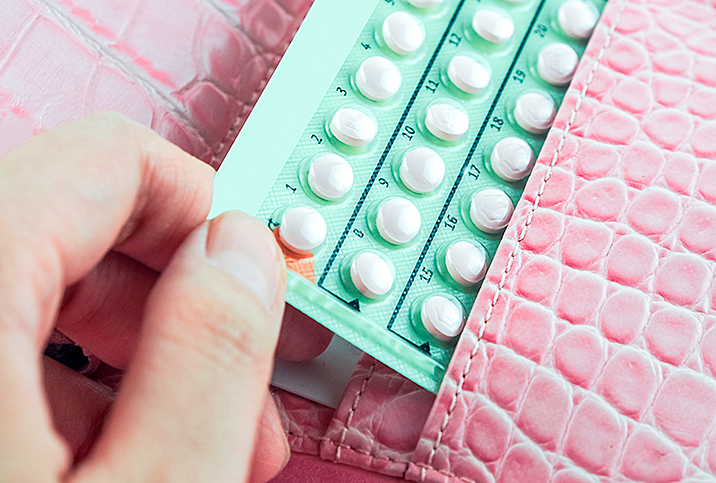The Male Contraceptive Pill: What Are They Waiting For?

Contraceptives have been with us for at least 4,000 years. Records dating to 1850 BCE show Egyptian women used acacia gum, honey, lint and even crocodile dung to prevent pregnancy. Apart from condoms and the more recent invention of vasectomies, the burden of contraception to prevent the pitter-patter of little unplanned feet has mostly fallen on women. They use birth control pills, vaginal rings, diaphragms, IUDs, and the list goes on.
But what about a male contraceptive? The infamous female contraceptive pill has been around for more than 50 years. Where's the male version?
The male contraceptive and testosterone
The search for a daily pill that would make men temporarily incapable of getting a woman pregnant would undoubtedly be welcome. Studies show that 57 percent of men in short-term relationships would use it, as would a whopping 65 percent of men in long-term relationships. (Although, fellas, more than half of the women surveyed on the subject said they wouldn't trust their male partner to take his pill every day, so consider that tidbit.)
But even if we could guarantee that the meds would be taken faithfully, there are some other stumbling blocks when it comes to male contraceptive pills. One tricky part about creating a pill that prevents sperm from being manufactured or connecting with an egg is good old testosterone.
Testosterone is, of course, the "male hormone" and a key component in sperm creation and a host of other functions in the male body. While blocking a man's testosterone production would indeed cause his testicles to stop making sperm, it would also inhibit his sexual function and potentially cause other side effects as well, including acne, weight gain, mood swings and a lowered libido.
Threading the needle between making a pill that can stop or curtail sperm production while leaving the rest of a man's sexual response intact had proved impossible until fairly recently.
News from the academic world
Researchers from the University of Washington began trials in 2018 on a pill that could be taken once a day and would affect men's hormones by curtailing sperm production without causing profound side effects. For 28 days, the drug, called 11-beta-MNTDC, was given to a group of 30 men alongside an additional group of men who were given a placebo.
Among the men who were given the active drug, levels of testosterone and other hormones specific to the production of sperm dropped dramatically in comparison to the men in the control group. What's more, once the trial ended, the men's testosterone returned to normal levels.
The side effects for the men on the actual drug were mild and minimal, with five men reporting a moderately decreased sex drive and two reporting mild erectile dysfunction. However, none of them had sufficient difficulties that prevented them from having sex, and none were affected profoundly enough to prompt them to stop taking the pill.
Replacing testosterone
A second study published in 2019 involved an experimental gel-based male contraceptive that 100 men were asked to apply to their back and shoulders on a daily basis.
The gel contained progestin, which blocks the natural production of testosterone in the testicles, thus preventing sperm manufacture. But at the same time, the gel also delivered replacement testosterone, theoretically ensuring that men's sex drive and other hormonal functions continue to operate normally.
The results were sufficiently positive to prompt the researchers to move the study into its next phase.
In conclusion
While there may yet be some work to be done before there's a male contraceptive pill coming to your local pharmacy, it appears that medical research into the subject is finding some success. And judging by the attention these and other studies have garnered recently, laying the groundwork for public buy-in is also well in hand.
Look forward to a day sometime soon when men will join women in responsibly taking their daily pill to prevent unwanted pregnancy.


















